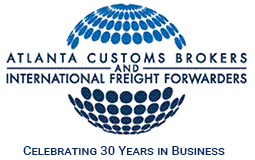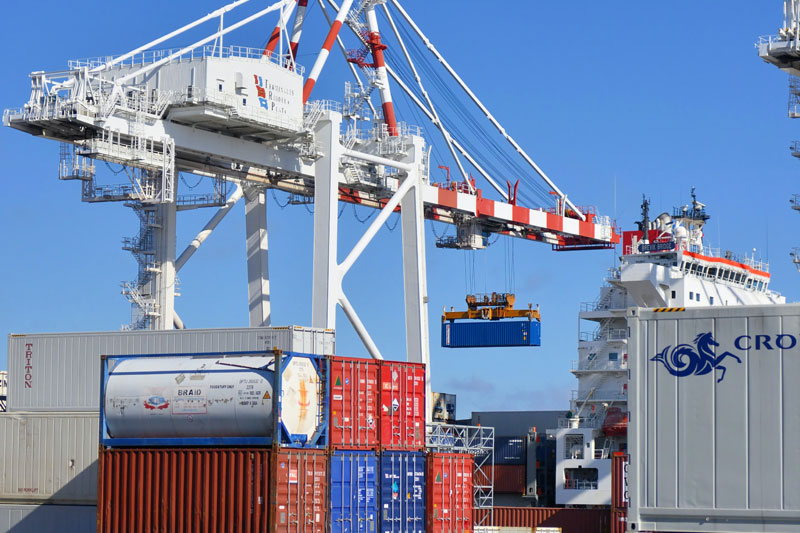NVOCC vs. Freight Forwarder: What’s the difference?
Shipping goods internationally involves a lot of time and effort to ensure that all the regulations are being met for each country’s port and customs agency that the goods will pass through. One small error can end up causing delays that negatively impact your business financially.
There are resources available to help you successfully manage this process. The question is how to find the right one to fit your needs. One of the first things to know is whether you need a freight forwarder or an NVOCC. Here is the difference between the two and why you might opt for one over the other.
What is an NVOCC?
An NVOCC is a non-vessel operating common carrier. This common carrier provides ocean transportation to the public and can issue a bill of lading or similar document. You should note that they do not operate the vessels themselves but have a relationship with the shipper. Thus, they provide access to the shipper and serve as a middle-man.
Currently, there is no global regulatory body for NVOCCs, so you will not be able to see how many are available in your area or what country serves as their base of operations. However, just because there is no global regulatory body does not mean these NVOCCs are not registered at all. For instance, in the U.S., an NVOCC must be registered before they can offer any services to the public. That means they secure a license from the FMC, provide proof of financial responsibility for potential claims, and have a tariff of charges available for their clients. Therefore depending on the country where your goods begin their journey, you may be able to find an NVOCC registration requirement.
So how do they provide shipping services? Basically, the NVOCC has volume-based ocean freight arrangements with different shipping lines within the trade lanes. Then they sell space to clients at a slightly higher rate. Think of it as a wholesale purchase of space, which is then sold at a higher unit price.
What is a Freight Forwarder?
Freight forwarders arrange cargo movement from one destination to another internationally. They dispatch shipments from the origin country using common carriers and arrange space on ocean freighters for those goods. A freight forwarder will also handle all the documentation and customs activities for these shipments.
Simply put, freight forwarders provide a variety of functions throughout the process of moving goods and work on behalf of the cargo owner.
What Is the Difference?
Fundamentally, the difference between the two is based upon a level of responsibility. Freight forwarders follow your cargo through the process of being picked up, shipping, customs, and port inspections. They negotiate freight contracts, frequently working with NVOCCs.
On the other hand, an NVOCC will provide space for your goods on a ship. However, it is important to note that an NVOCC will track your cargo through the supply chain, but they also serve as the carrier and will be the one you file claims with if your cargo is damaged.
Your freight forwarder will take responsibility for the entire shipping process, including storage, which an NVOCC will typically not handle. How can you tell who you are working with? Simply put, an NVOCC can issue its own master bill of lading. As a freight forwarder acting in an agent’s capacity, they cannot issue a bill of lading.
Our team serves as freight forwarders, providing a variety of services for you throughout the shipping process. Working in a major international shipping hub, we are prepared to handle your cargo. Contact us today to learn more about what we can offer your business.
Atlanta Customs Brokers is one of the oldest and most trusted customs brokerage and shipping firms in Atlanta. Established in 1985, our company has been a fixture in and around the Atlanta airport and Savannah port for more than 31 years. We enjoy working with our international partners and enjoy what we do. If you are a first-time importer or exporter or a large corporation, we can handle your needs.

